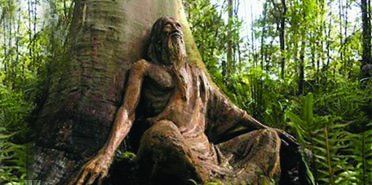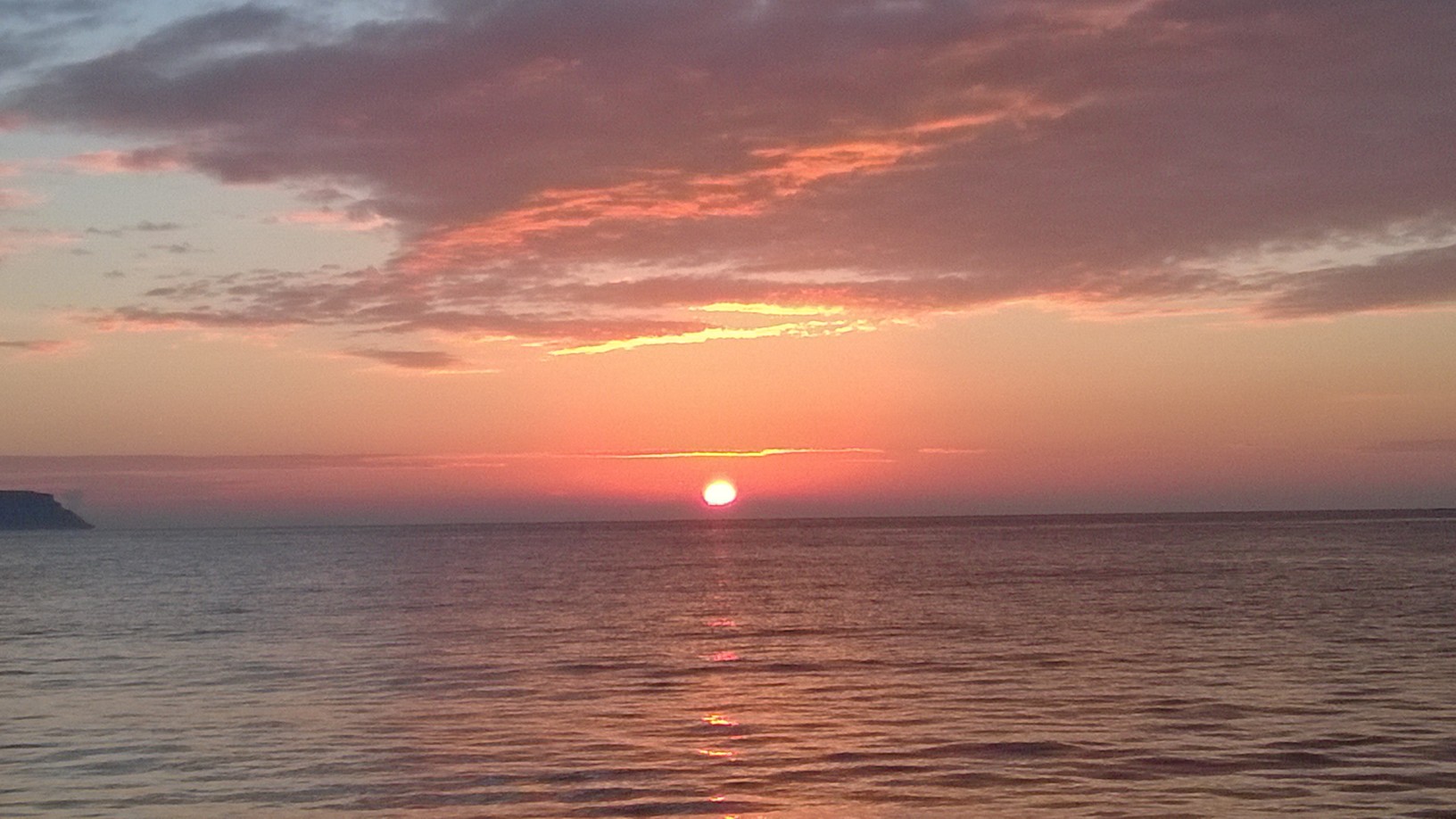- Details
- Written by: Kamran Mofid
- Hits: 7978

Photo: spiritualecology.org
What is Spiritual Ecology?
‘Spiritual Ecology is a spiritual response to our present ecological crisis. It is a developing field that joins ecology and environmentalism with the awareness of the sacred within creation. It calls for responses to environmental issues that include spiritual awareness and/or practice. The principles of spiritual ecology are simple: In order to resolve such environmental issues as depletion of species, global warming, and over-consumption, humanity must examine and reassess our underlying attitudes and beliefs about the earth, and our spiritual as well as physical responsibilities toward the planet. Thus, ecological renewal and sustainability necessarily depends upon spiritual awareness and an attitude of responsibility.
Central to Spiritual Ecology is an understanding of the interdependence and living unity of the ecosystem. Real sustainability refers to the sustainability of the whole ecosystem rather than our energy-intensive, consumer-driven culture. This will require a re-evaluation of the central aspects of our materialistic culture as we move towards a way of life that is in harmony with the earth as a living whole, a culture that cares for the soul as well as the soil. Spiritual Ecology is not based upon any single religion or spiritual path, rather the primary recognition of the sacred nature of all of creation.’ Spiritual Ecology
- Details
- Written by: Kamran Mofid
- Hits: 1840

Photo:BODLEY HEAD
The Islamic Enlightenment
Christopher de Bellaigue
The Islamic Enlightenment: a contradiction in terms?
- Details
- Written by: Kamran Mofid
- Hits: 8651

Photo: countryfile.com
“The evidence is strong and growing that people and communities can only thrive when they have access to nature. We all need nature in our lives, it gives us freedom and helps us live healthily; yet deprived communities are routinely cut off from nature in their surroundings and it is suffocating for their well-being.”Access to nature reduces depression and obesity, finds European study
In this troubled world let the beauty of nature and simple life be our greatest teachers

Oxwich Bay, South Wales-Photo: Anne Mofid
“When beauty touches our lives, the moment becomes luminous. These grace-moments are gifts that surprise us. When we look beyond the moment to our life journey, perhaps we can choose a new rhythm of journeying which would be more conscious of beauty and more open to inviting her to disclose herself to us in all the situations we travel through.”-John O’Donohue
We should look beyond economics and open our eyes to beauty
“We seem to have forgotten that the human spirit is not satisfied by material progress alone. It’s time for us to reconnect with nature.”-Fiona Reynolds, former National Trust director general
